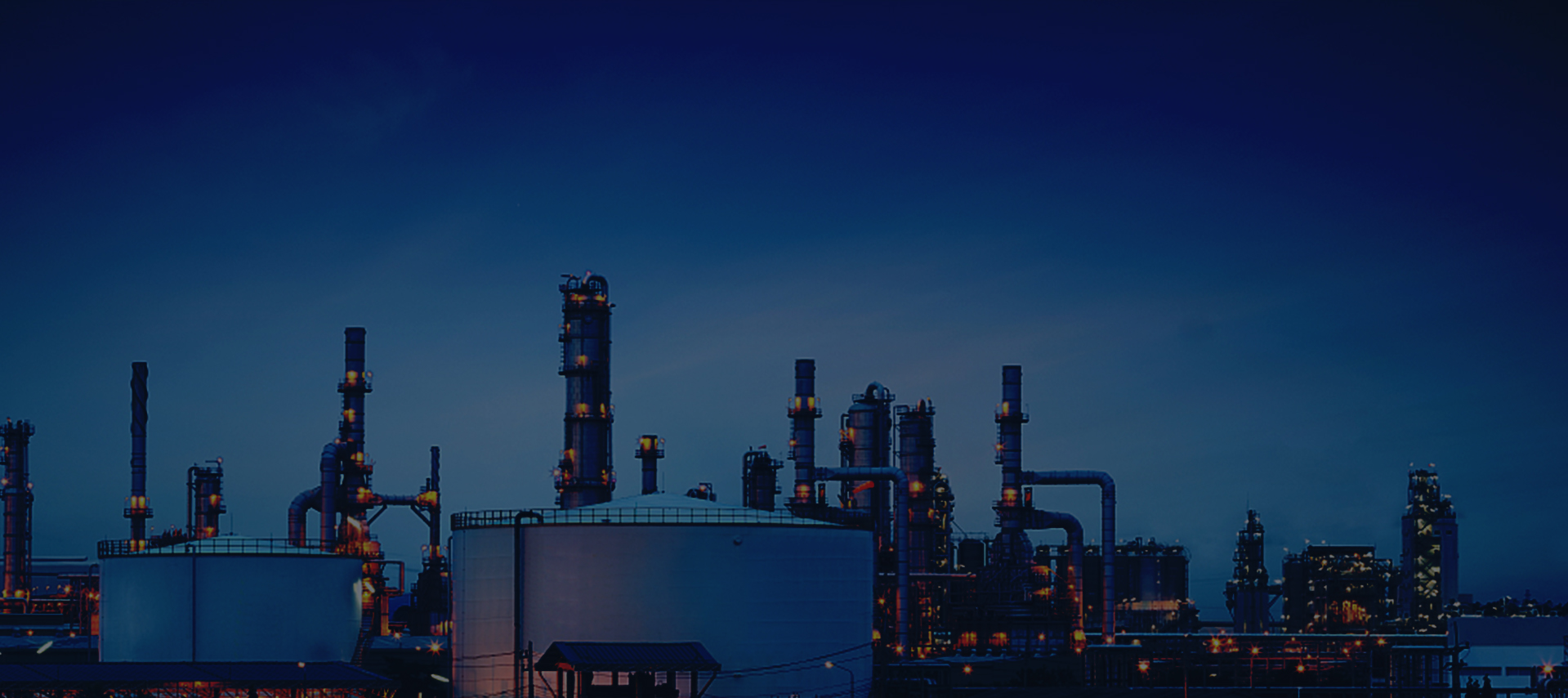
Silanes and silicones are distinct chemical compounds. Silanes are simple silicon-hydrogen compounds used as adhesion promoters and coupling agents in various industries. In contrast, silicones are complex polymers made by linking silicon, oxygen, carbon, and hydrogen atoms, offering a wide range of versatile applications like sealants, lubricants, and adhesives, prized for their flexibility, heat resistance, and waterproofing properties.
Silanes are bifunctional molecules that act as adhesion promoters, crosslinkers and moisture scavengers. Structure:Y-(CH2)n-Si(OX)3, The organofunctional group Y links with the polymer. This group must be chosen carefully to ensure maximum compatibility with the resin. The silicon-functional groups OX, usually alkoxy groups, must be hydrolyzed to the silanol (Si-OH) first before they can bond to the substrate or crosslink.
Silicones find applications as sealants, adhesives, lubricants, and insulators due to their flexibility, heat resistance, and water repellency. Silanes are used for adhesion promotion, surface modification, and corrosion protection in industries like construction, automotive, and electronics.
High Thermal Stability, Low Surface Energy, Chemical Resistance, Dielectric Properties, Adhesion Enhancemen, Optical Clarity, Biocompatibility. These characteristics make phenyl silicones valuable in diverse industries, including aerospace, electronics, and medical devices.
Chemical Resistance, Thermal Stability, Low Surface Energy, Electrical Insulation, Oil and Fuel Resistance, Sealing and Gasketing, Medical and Pharmaceutical, O-Rings and Seals.
These advantages make fluoro silicones valuable in industries such as aerospace, automotive, oil and gas, chemical processing, and medical devices, where materials must perform reliably in demanding conditions.
Siloxanes are a group of chemical compounds that contain silicon, oxygen, and carbon atoms. They are characterized by their unique structure, which consists of alternating silicon and oxygen atoms in a chain-like arrangement. Siloxanes can vary in size and complexity, with different numbers of silicon and oxygen atoms in their structure.
Siloxanes are commonly used in various industrial and consumer products due to their desirable properties. They have low surface tension, high thermal stability, good electrical insulation properties, and resistance to chemicals and UV radiation. These properties make siloxanes useful in applications such as lubricants, sealants, adhesives, coatings, and personal care products.

